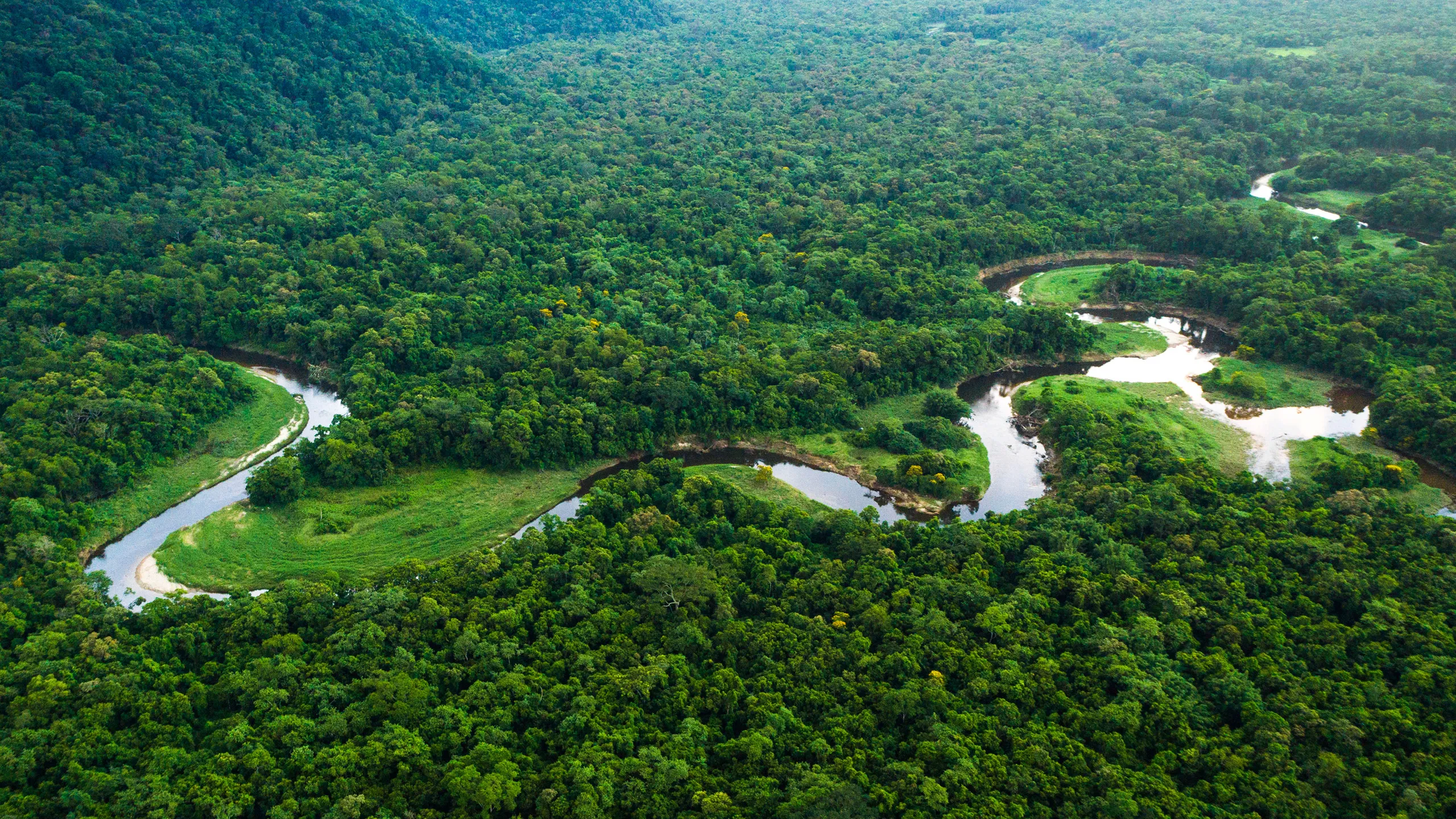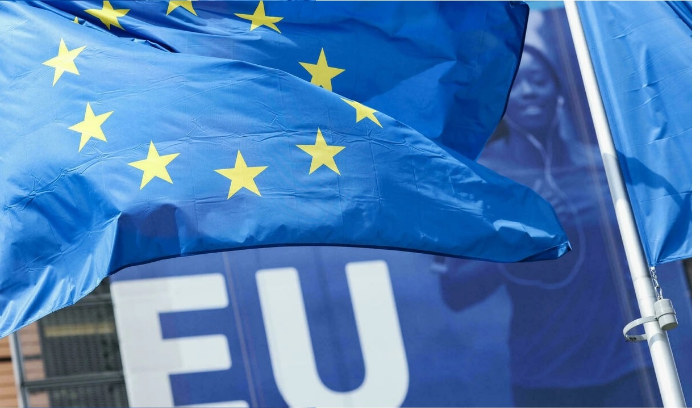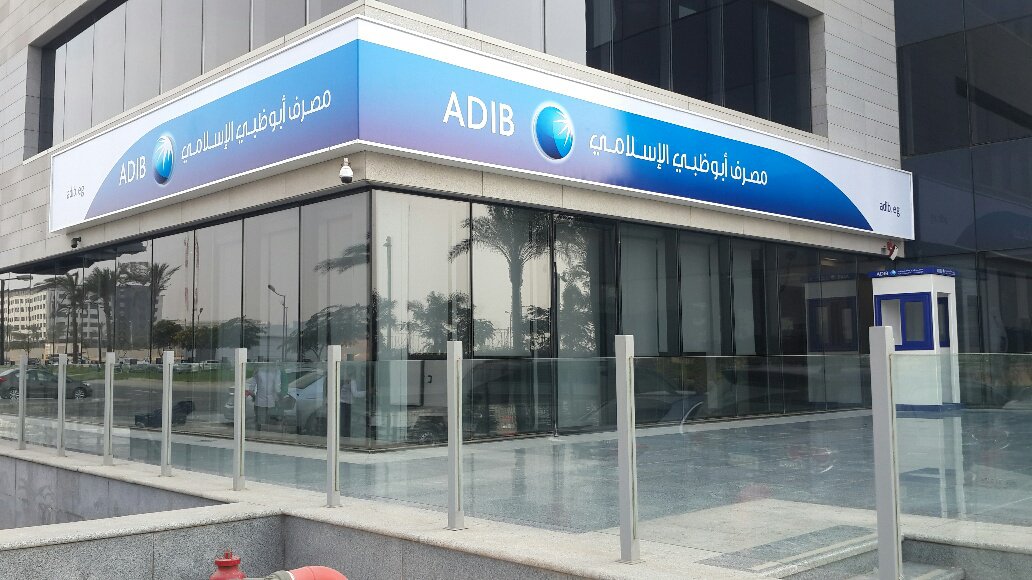World’s Top Development Banks Commit $120 Billion for Climate Finance by 2030: COP29

|
Listen to this story:
|
- Pledge of $120 Billion by 2030: Major development banks, including the World Bank, committed to increasing climate finance for low- and middle-income countries by 60% compared to 2023 levels.
- Private Sector Engagement: Development banks aim to mobilize an additional $65 billion from the private sector to support climate initiatives.
- Adaptation Funding Increase: The plan includes $42 billion for adapting to extreme weather, a 70% increase from 2023 levels.
At COP29 in Azerbaijan, a significant early pledge emerged as major development banks, including the World Bank, committed to raising climate finance to $120 billion annually by 2030. This figure marks a 60% increase from the funding levels in 2023, targeting support for low- and middle-income countries grappling with climate change.
“I think it’s a very good sign,” said Irish Climate Minister Eamon Ryan. “It’s very helpful. But that on its own won’t be enough,” he added, emphasizing the importance of contributions from both countries and private enterprises.

Private Sector Collaboration The group of 10 multilateral development banks (MDBs) highlighted the essential role of private investment, aiming for an additional $65 billion to come from private-sector contributions. World Bank President Ajay Banga stated, “Trillions of dollars would have to come from the private sector,” anticipating that annual private-sector funding will surpass the $65-billion target.
Adaptation Funds and Future Goals The banks’ pledge includes $42 billion allocated for climate adaptation, a notable 70% increase over 2023’s figures. Patrick Verkooijen, CEO of the Global Center on Adaptation, praised the move as “a shot in the arm for the climate finance discussion,” but noted, “there is so much more work ahead.”

Challenges and Commitments With the backdrop of political shifts, including Donald Trump’s election and promise to withdraw the U.S. from international climate efforts, pressure has mounted on other global powers. U.S. climate envoy John Podesta reinforced the urgency, saying, “We have a clear choice between a safer, cleaner, fairer future and a dirtier, more dangerous, and more expensive one. We know what to do. Let’s get to work. Let’s get it done.”
RELATED ARTICLE: Ahead or Behind? New Ceres Report Outlines Climate Finance Strategies for U.S. Banks
Indigenous leaders also voiced their commitment to influencing future COP events, advocating for co-presidency representation at COP30 in Brazil. Meanwhile, Albania’s Prime Minister Edi Rama stressed the need for decisive action, stating, “Life goes on with its old habits, and our speeches, filled with good words about fighting climate change, change nothing.”
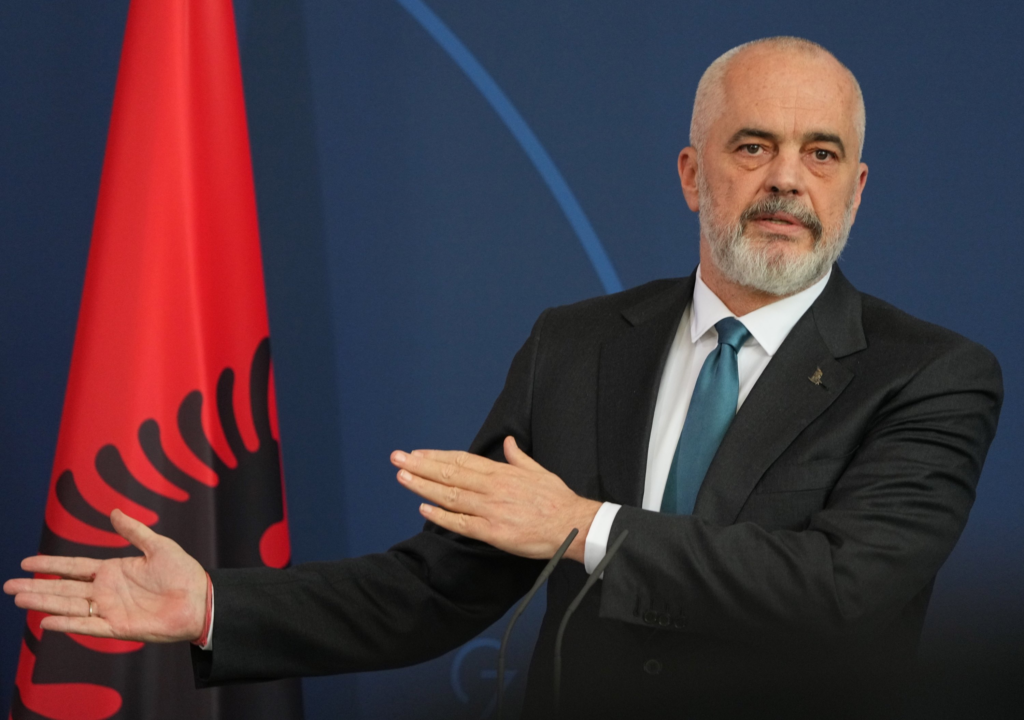
The Path Forward Despite the ambitious funding goals, MDBs acknowledged their efforts rely heavily on shareholder support from developed and developing nations. “Provision of climate finance at scale also depends on increased MDB internal resources…and additional capital to unlock more MDB financing,” they noted in a statement.
Nadia Calvino, president of the European Investment Bank, underscored, “We can spend time just discussing issues, but I think it’s better to get on with it and … work as best as possible, together to mobilize green finance, public and private finance, and have maximum impact on the ground.”
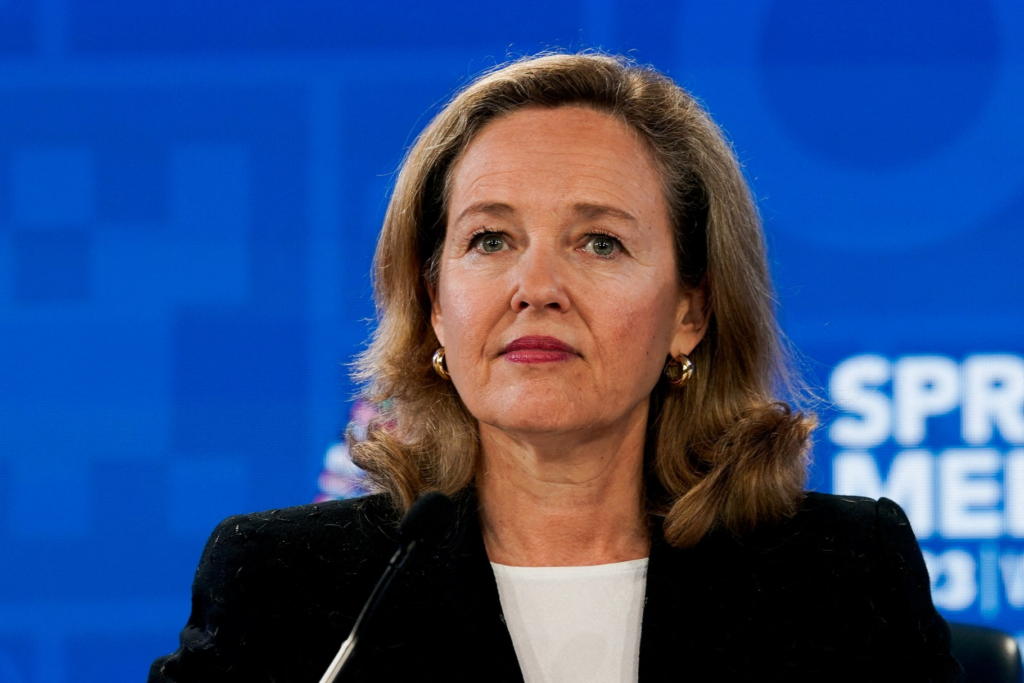
A U.S. official, speaking anonymously, recognized the importance of MDBs in climate finance, saying, “The MDBs are a key part of the climate finance architecture.”
This pledge from development banks stands as a critical boost to the ongoing discussions at COP29, setting a precedent for further commitments in international climate financing.

